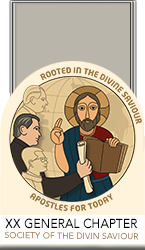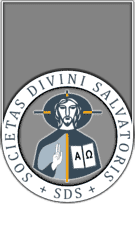Called by God...
The word "vocation" means "to be called". God created us and calls each one of us to be holy, to be His adopted children, to be servants and love to others, and to ultimately be with Him in Heaven for all eternity. However, while these are universal calls to every person, God has created each one of us with a multitude of different gifts and talents that have an enormous potential to be fulfiled within the context of a particular lifestyle. The possible vocational lifestyles that God places before us are: ordained and religious life, married life, or single life.

Discernment is the process of actively seeking to know God’s will for our lives. If we want to know something from someone, what do we do? First, we ask them and then we listen to their reply. It works the same with God. First, you must ask and then you must listen to His reply.
We call this communication between God and us - prayer. Often, the difficult part for us is the listening, because we usually don’t hear a voice speaking to us. So we must be open and ready for Him to speak to us in other ways. This could be through other people, through events or through heartfelt reflection. God speaks to us quite often. We are not always listening.
First and foremost in your discernment is an active and disciplined prayer life. Other steps often recommended include: getting a spiritual director, reading information about all vocations, speaking with persons who are happy and active in their vocation, visiting seminaries and religious communities, and becoming involved in service to others.
Prayer is important in all vocations, not just priesthood or consecrated religious life. People in every vocation are called to communicate, talk, and listen with God. Not having prayer as an important focus point in your vocation, no matter which one that might be, is like not talking to or listening to your parents as you grew from being a baby to being an adult. It does not work.
Prayer is communicating with God, not just talking to Him. Communication involves talking and (more importantly) listening. Thus, prayer is extremely important in each vocation. It is possibly the most important part of a vocation.
Why have I become a Salvatorian?
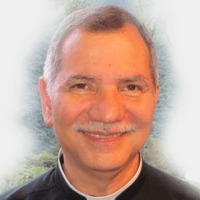



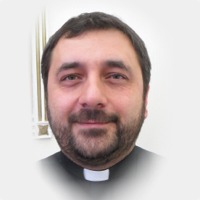





Consecrated Religious
Pope John Paul II wrote in his Apostolic Exhortation Vita Consecrata: “The Consecrated Life, deeply rooted in the example and teaching of Christ the Lord, is a gift of God the Father to his Church through the Holy Spirit. (…) In every age there have been men and women who, obedient to the Father's call and to the prompting of the Spirit, have chosen this special way of following Christ, in order to devote themselves to him with an "undivided" heart. Like the Apostles, they too have left everything behind in order to be with Christ and to put themselves, as he did, at the service of God and their brothers and sisters. In this way, through the many charisms of spiritual and apostolic life bestowed on them by the Holy Spirit, they have helped to make the mystery and mission of the Church shine forth, and in doing so have contributed to the renewal of society”.
To be a consecrated religious person means solemnly dedicate oneself to Christ with undivided heart through religious vows.
The vows most commonly used in religious communities are known as the evangelical counsels. These are vows of chastity in celibacy, poverty, and obedience.
Not everyone is ready do follow Christ in consecrated, religious life, but there are many who are called by God to know him, love him and serve him in a special and unique way. For many people these vows could be difficult to understand, but for those who fall in love with God and have heard God’s call to religious life these vows are expressions of personal love to God and others in religious community.
As Salvatorians we are fulfilling God’s call in our consecrated life with those vows in apostolic life.
Why have I become a Salvatorian?
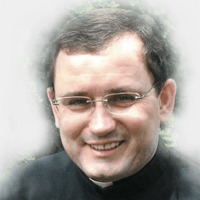











To be Salvatorian

What does it mean to be a Salvatorian?
Salvatorian religious life is a way to live following Jesus as the Saviour of the world. To be a Salvatorian religious is to believe in life, to trust in God’s action, to be full of hope, to cultivate noble ideals, to involve everyone in the building of a better world. A Salvatorian is one who feels saved by Jesus, since he is his friend, brother, and Lord, and so wants to lead others to salvation.
Why a brother-priest-deacon?
Questions & Answers
Stages of formation
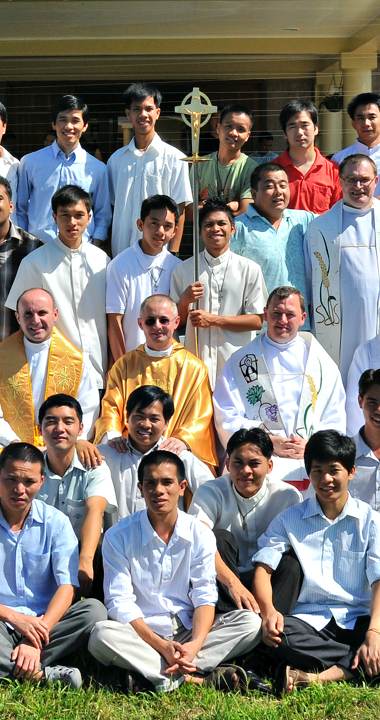
The purpose of postulancy is to be a period of preparation for novitiate during which the Society and the postulant have an opportunity to get to know each other. Consequently, the postulant and the community begin a process of mutual discernment as to whether the Saviour is calling the postulant to Salvatorian apostolic life. In order to assist the postulant and the community in this discernment, the postulant receives basic instruction in the Society's origins, history, and apostolic life.
The postulant also receives instruction and participates in programs and activities that help him to progress in his human, intellectual, and Christian formation. Additionally, the postulant begins formal Salvatorian formation by developing his capacity to live in community and to have some experience of apostolic ministry.







